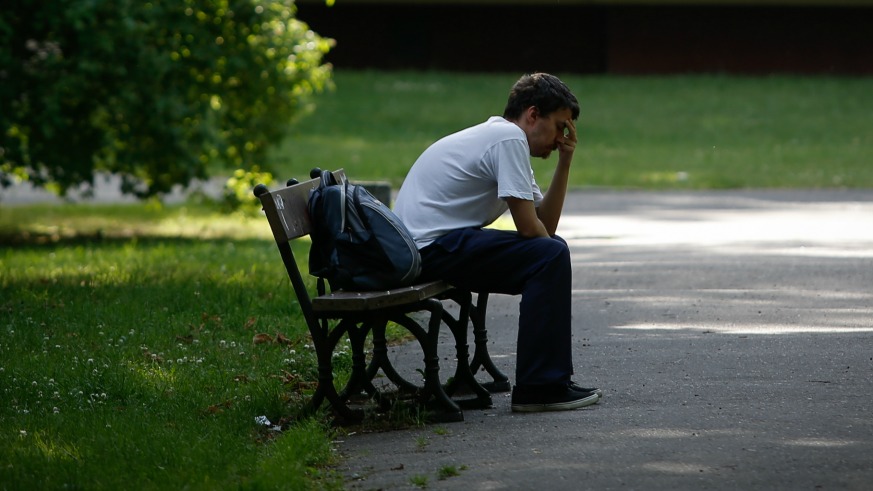The biggest health risk facing Americans today isn’t obesity — it’s loneliness, at least according to new research presented at the 125th Annual Convention of the American Psychological Association.
“An increasing portion of the U.S. population now experiences isolation regularly,” researcher Julianne Holt-Lunstad, Ph.D., professor of psychology at Brigham Young University, said in a statement.
It might not sound like a big deal — we’re all lonely from time to time — but social interaction is a basic psychological need, says Holt-Lundstad. “Extreme examples show infants in custodial care who lack human contact fail to thrive and often die, and indeed, social isolation or solitary confinement has been used as a form of punishment.”
Why loneliness can cause health problems
And the threat of death isn’t just hyperbole: A study conducted by researchers at the University of Chicago and UCLA found that the immune systems in socially isolated people were more suppressed than people with regular social interaction, making them more likely to be invaded by viruses and other illnesses.
“What we see is a consistent pattern where it looks like human immune cells are programmed with a defensive strategy that gets activated in lonely people,” UCLA’s Steve Cole told LiveScience. This means that the immune systems in lonely people go into fight mode, but against bacteria, not viruses. Decreased antiviral protection means they’re less able to fight off serious diseases like cancer and heart disease.
Loneliness also increases stress hormones like cortisol, which in turn increases blood pressure and the risk of heart attacks.
“Much like the threat of physical pain, loneliness protects your social body. It lets you know when social connections start to fray, and causes the brain to go on alert for social threats,” John Cacioppo, University of Chicago social psychologist and Coles’ co-researcher, told LiveScience, adding that it turns into a downward spiral toward even more loneliness.
“Being lonely can produce hyper-reactivity to negative behaviors in other people, so lonely people see those maltreatments as heavier. That makes it possible to fall more deeply into loneliness.”
Chronic loneliness is a widespread problem, with about 42.6 million adults suffering from it, according to AARP’s Loneliness Study. And many aren’t getting social interaction at home: U.S. Census data shows that about 25 percent of people live alone.
“These trends suggest that Americans are becoming less socially connected and experiencing more loneliness,” Holt-Lunstad said.
“There is robust evidence that social isolation and loneliness significantly increase risk for premature mortality, and the magnitude of the risk exceeds that of many leading health indicators.”
Fixing the problem isn’t so easy, though. A meta-analysis conducted by Cacioppo and colleagues found that the best way to treat lonely people is to teach them social skills and bring them together with others socially.
Easier said than done, given that many people — especially Millennials — would rather stay home than go out.
















